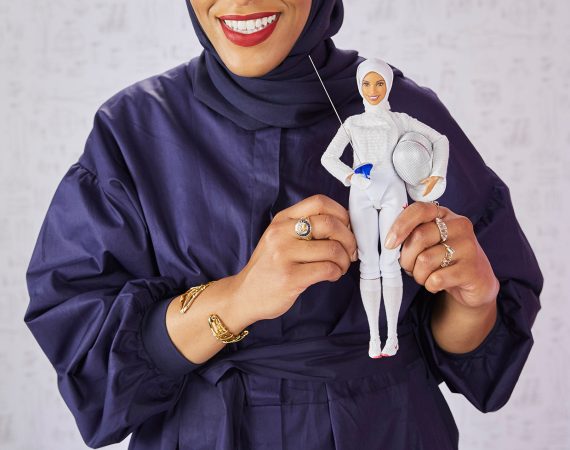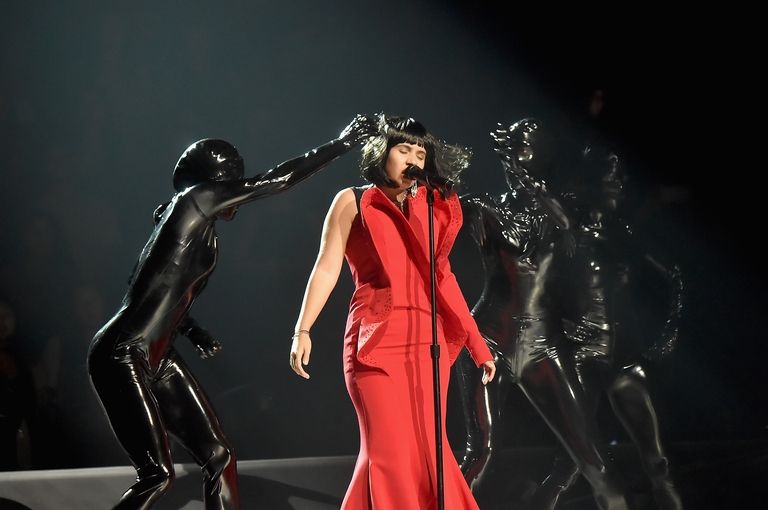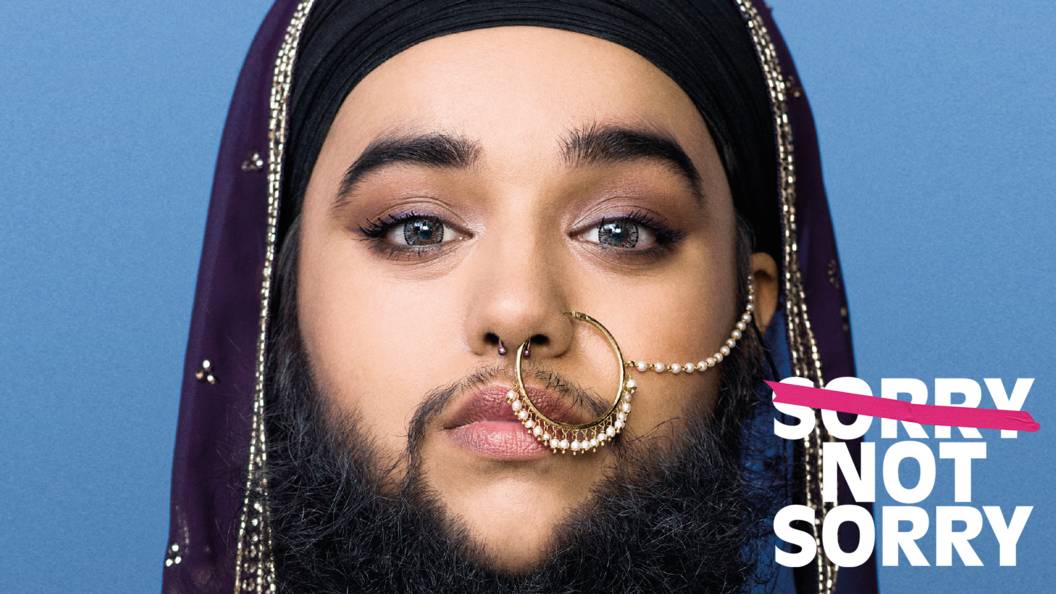The annual World Earth Day celebration has in a quick decade gone from this quiet campaign to get people to embrace green practices to a global phenomenon where worldwide campaigns are pushed by governments and multinationals. The global fashion industry has been on the receiving end of flack in recent years for its continuous degradation of the earth for profit. Fast fashion industry in particular has borne most of this anger, because of its documented harmful cost cutting practices and practice of releasing as many as ten batches of new clothing .
One of the big fast fashion giants, H&M is trying to clean up it’s image. It launched an initiative it’s calling World Recycle Week to coincide with this year’s Earth Day, with a plan to collect 10,000 tonnes of used clothing which will then be either re-purposed or recycled.
To promote the campaign H&M has turned to Sri-Lankan singer and activist M.I.A who wrote, performed and starred in a music video called ‘Rewear it”. M.I.A is the biggest face in a line up of influencers that H&M is hoping will help sell this idea to stores and consumers.
While we want to take this seriously, here are a few things that give us pause.
So far, apart from its own policy which allows people to donate clothes and receive a discount towards their next purchase, the clothing giant hasn’t highlighted any secondary channels through which people who might be reached by the campaign can donate their clothes for recycling.
The brand is also just one of several fast fashion brands that are forced to trash unsold stock in landfills, as a consequence of competitive and unrealistic clothing release cycles. Without the co-operation of other fast fashion brands like Zara, ASOS and Top Shop; the efficacy of H&M’s World Recycle Week is seriously dented. And a pretty rapper won’t do much to change that.
What we really need from H&M (and all the other fast fashion brands) is a real commitment to improve the quality of their quality control so the clothes they make last longer, improve the quality of the working conditions of it’s workers in overseas sweat shops (Africa included) and reduce the almost ridiculous quantity of clothes it produces without any real vectors for demand.
But we’ll take this for now.











